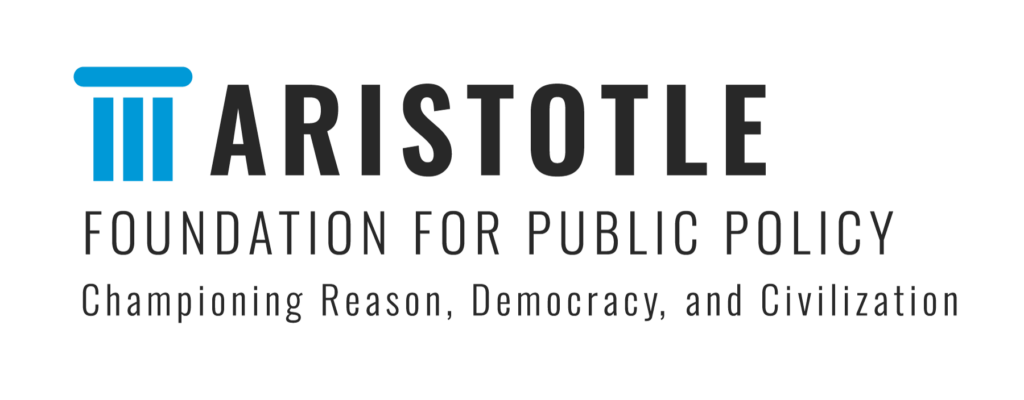
November 20, 2023
FOR IMMEDIATE RELEASE
———-
CALGARY: Conspiracy theories have long been part of human affairs, but the rise of the Internet and the decline of trust in institutions have made conspiracy theories much more widespread.
Near to the 60th anniversary of the John F. Kennedy assassination and the numerous conspiracy theories that surround that event, the Aristotle Foundation for Public Policy has released a new study: “Conspiracies: When are they likely true—or false?”
The study is authored by Champlain College Saint-Lambert lecturer Michel Gagné, an expert in conspiracy theories and author of a book on the JFK assassination. Gagné examines how conspiracy theories are formed. He explains the difference between actual or likely conspiracies and those that are unlikely and fantastical.
“Conspiracies do exist,” notes Gagné. “For example, the Watergate break-in was a proven plot orchestrated by President Richard Nixon’s closest aides.” The author notes though that “given that humans are prone to conspire, it is hard to accept or dismiss all conspiracy claims without careful scrutiny, which can be difficult and time-consuming.”
“There are some shortcuts,” notes Gagné. “For example, the principle of simplicity—called Occam’s Razor after the medieval scholar who popularized the concept—means that the theory with the fewest assumptions is most likely to be the correct one. In other words, the more covert activities and hypothetical conspirators needed for a conspiracy to be actualized, the less plausible it becomes,” explains Gagné.
Selected findings:
According to Gagné, a theory about a conspiracy likely misses the mark if it is:
· anecdotal
· unfalsifiable
· logically contradictory
· contains Hollywood-like “movie” narratives
· ignores the most obvious, clear-cut explanations, i.e., ignores the “Occam’s Razor” approach to convoluted explanations
“A falsifiable theory is one in which evidence can be observed and tested using empirical (i.e., scientific) methods, and (if false) logically refuted.” Gagné observes that “many conspiracy theories circumvent this standard rule of investigation by claiming that the evidence for a conspiracy has been hidden, destroyed, or manipulated to deceive others.”
Gagné also notes that “Conspiracy theorists often rely on their own emotions, intuitions, personal experiences, or those of others as proof for their beliefs. They also frequently cite second- and third-hand stories passed down by alleged witnesses who saw or heard something suspicious but whose experience is not corroborated.”
To arrange for an author interview, note the contact below.
-30-
MEDIA CONTACT
Rob Varma, Research Director
Aristotle Foundation for Public Policy
Email: media@aristotlefoundation.org
Call / text: 613 302 5829
Like our work? Think more Canadians should see the facts? Please consider making a donation to the Aristotle Foundation.

The logo and text are signs that each alone and in combination are being used as unregistered trademarks owned by the Aristotle Foundation. All rights reserved.
The Aristotle Foundation for Public Policy is a registered Canadian charity. Our charitable number is: 78832 1107 RR0001.
SUBSCRIBE TO OUR NEWSLETTER